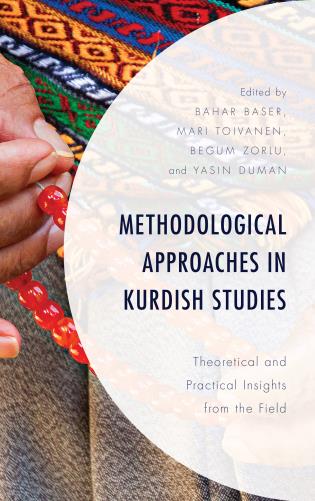Bibliography Editor: Bahar Baser
- October 2, 2023
- 4:05 am
Abstract / Review
“We are very different from each other. We want to reach out to the women one by one. KAHAD works more through projects. Their work focuses more on men, while we have a more holistic approach: we focus on state pressure (devlet baskısı) and the feudal structure (feodal yapı). After
- October 2, 2023
- 3:56 am
Abstract / Review
As the Kurds have historically lived in many different polities and become entangled in various transnational movements, ideas and entities, studying the Kurds also, by definition, involves engaging in global history. Nevertheless, both compiling archives and making use of existing archives involves partaking in various power relations (Stoler 2002). This
- October 2, 2023
- 3:26 am
Abstract / Review
The purpose of this chapter is to discuss some of the possible reasons for, and benefits of, undertaking research that combines online and offline data within diaspora and identity studies. The arguments and examples are drawn from my PhD thesis1 which addressed identity-making among young diasporic Kurds in the United
- October 2, 2023
- 3:19 am
Abstract / Review
So, what do these descriptions of daily life activities all mean from a methodological perspective? What does the production of cheese and cultivation of rice, the seasonal migration into precarious jobs, issues around gender and education, the multiple living places and the car-bomb all tell us from a methodological perspective?
- October 2, 2023
- 3:13 am
Abstract / Review
The email’s unsettling subject line read “you viper,” comparing me to a venomous snake because I had translated an online article critical of the treatment of ethnic communities in Turkey from German to English. Opponents of Kurdish identity and self-determination have long relied on hyperbolic, nationalistic, and deeply patriarchal language
- October 2, 2023
- 2:53 am
Abstract / Review
This edited volume presents thirteen contributions that reflect upon the practical, ethical, theoretical and methodological challenges that researchers face when conducting fieldwork in settings that are characterized with deteriorating security situations, increasing state control and conflicting inter-ethnic relations. More precisely, they shed light to the intricacies of conducting fieldwork on

